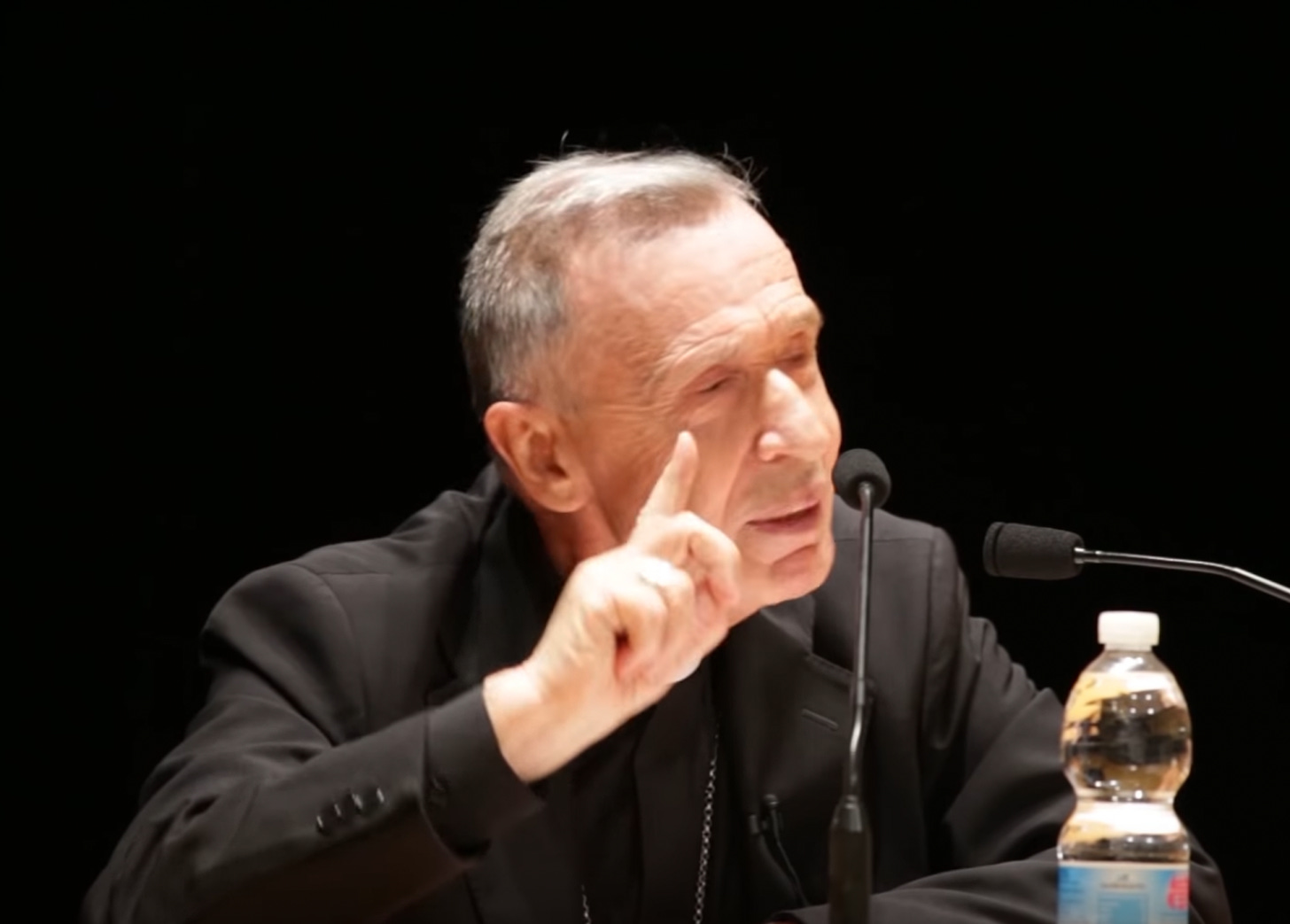The prefect of the Congregation for the Doctrine of the Faith has written to Archbishop Jose Gomez offering guidance to the U.S. bishops on their plans to debate a proposed document on Eucharistic coherence.
The letter, a copy of which was obtained by The Pillar, is addressed to Archbishop Gomez, president of the USCCB, and dated May 7.

